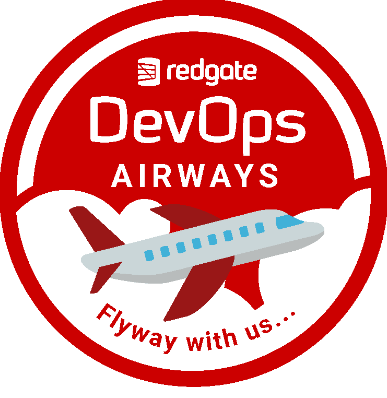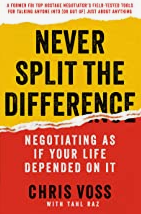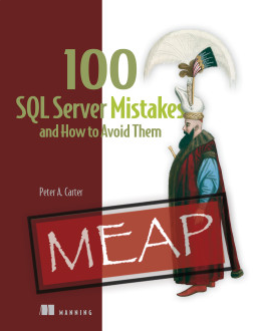I don’t know that I have the best advice, but this month’s T-SQL Tuesday is asking for people to share what they think is the best advice they’ve been given or have for you. I wrote my own piece, where I noted that learning to say “No” was one of the best things I’ve ever done. Not that I say no to everything, but I do default to no, especially when someone asks for me to tackle something new.
Actually, it’s slightly more nuanced than that. As I’ve gotten used to my workload, I will say yes to things, and certainly, I’m more likely to commit to one-off things. It’s the longer-term, larger things that I don’t want to agree to do unless I’m sure I can deliver.
There are lots of other things people wrote. Deb said that you should trust your instincts and realize you can contribute, even if you’re new. Hugo notes the user is often right. Mala is more cautious with work and practices discretion. Rob got the advice to take it slow, learn his job, and figure out what he likes and doesn’t.
There are lots of other advice, from Pragati telling you to get a mentor to Mikey saying you should find a job you love. If you check out the comments in the invitation above, you’ll see plenty more responses, many with interesting back stories and more details. If you only read through one set of T-SQL Tuesday responses, this might be the one to pick.
I’m a big fan of actively managing your career. Make the decisions that move in the direction that matters to you. As noted in a few posts, we spend a lot of our lives at work. At times more than we spend with family, so be sure you have a career you enjoy.
This takes work, but it’s an investment that can repay itself over many years. Both in financial rewards and less stress on a regular basis. Every job is a job some days, but when you enjoy your work, it doesn’t feel like work.
Steve Jones





In addition to Steve’s advice of learning when to say No I’d add to that learn when to say you were wrong; to say “oops I goofed” when you did goof and break something.
No one likes to admit to being wrong but when something does go wrong and no one is willing to admit they were the one who was wrong or did something wrong collaboration breaks down. If you were wrong or are the one who broke something just say it was you and move on. Co-workers in general will actually better respect you when you’re willing to say “Oops I goofed on that one”. It tells them you’re honest and not afraid to admit it when you dropped the ball. Granted you can over do this and admit being wrong too much so don’t do it unless you really are the one who was wrong and if you find you are admitting it a lot then that might be a sign that you need some updated training.
LikeLike